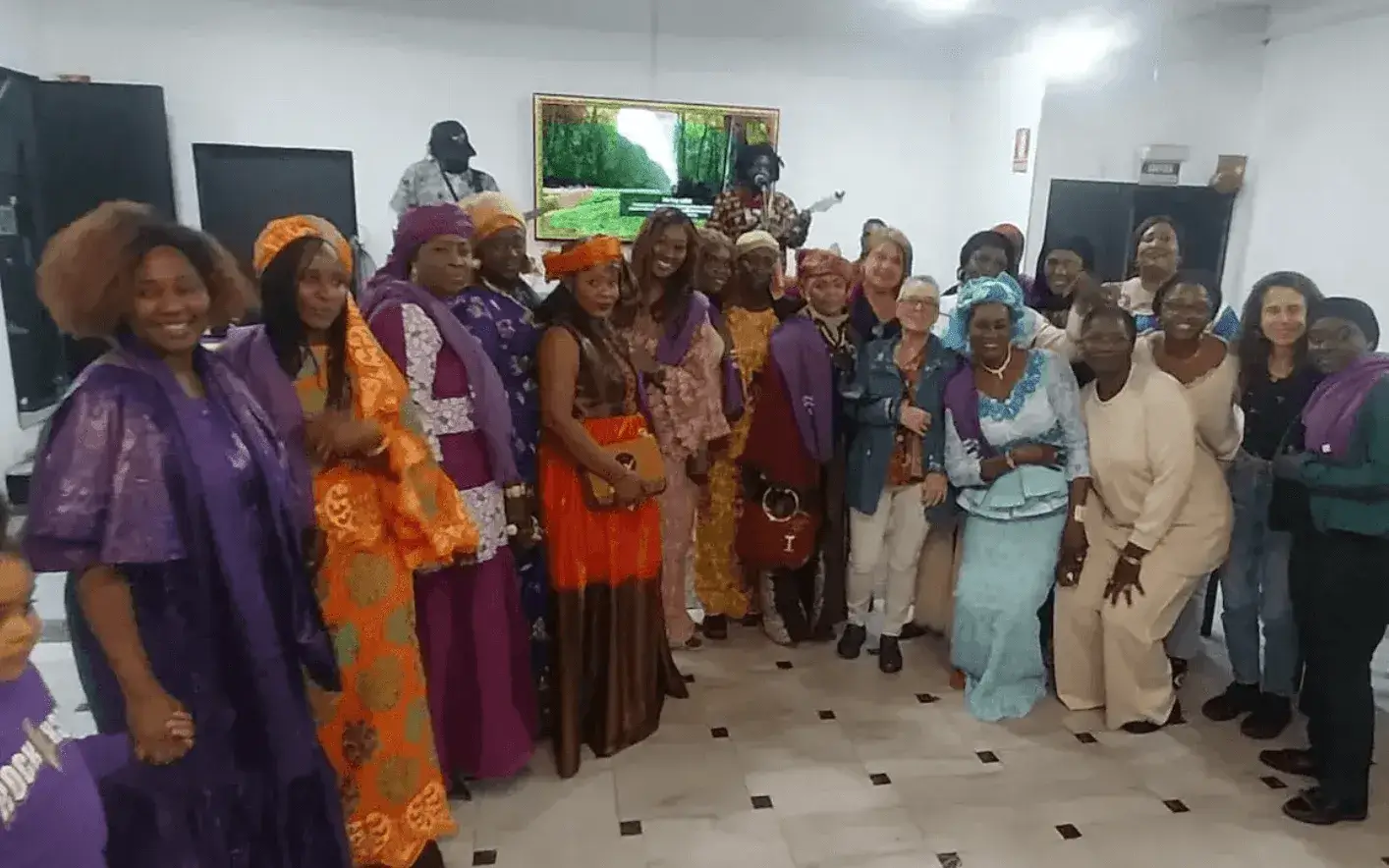
We speak with the president of African Women for Development, an association that fights for the empowerment of women on this continent, both from Catalonia and in African territory.
The Association of African Women for Development (ADAD) was born in the Ca n'Anglada neighborhood , in Terrasa. It was created by a group of women from different territories of Africa who had, above all, two things in common: the feeling of not being sufficiently involved in the community in which they live and the need to reclaim their rights and role in society.
This is how they began to hold meetings, organize actions and activities and build relationships with other associations and groups in Terrassa and throughout Catalonia. Today, ADAD works for the empowerment of African women and the promotion of their rights, as well as to strengthen women's rights organizations in Africa.
We interview its president, Yakhare Traore , a Senegalese teacher and feminist activist, who has expertise in gender issues, social entrepreneurship and defending the right to education for women and children.
How was ADAD created and why?
We created the Association of African Women for Development in Ca n'Anglada , but it is made up of women from all over Catalonia. There are some in Barcelona, others in Mataró and others here in Terrassa. We are friends who said "Why don't we form an association?" So that they can see that African women are also here and that we are part of this community. Also to fight for our rights and make them visible.
What type of actions, advocacy and activities do you carry out in the association?
The first thing we do is make ourselves visible, as I tell you. Because we are all immigrants and many things that are done here we don't know about, it's the men who do it. We have the right to life in this community. We also fight so that our daughters can continue studying and to end female genital mutilation . We do solidarity economy in Africa, we bring things there and we work with associations there to fight against mutilation, which is still practiced today.
How do you claim your place in Catalan society?
We are part of the March 8 Commission of Terrassa. Because, when we formed the association, we saw that there was this organization that fights against violence against women , which is part of our fight. We contacted the City Council to find out about it and now we are part of it. With the commission, if there are meetings, we participate in them, and we also do events.
Our goal is ' Siggi '. ' Siggi ' means "to raise the bust". For African men, mostly Senegalese, women have a lower role. So our mission is for women to stand up. With this we have approached the City Council and the associations here. There are many groups that are here and we collaborate with them so that people also see us.
Yakhare Traore: "Our mission is for women to stand up"
What is the reality of African women in the Ca n'Anglada neighborhood?
What we see here is that many women, like me and others, have been brought here by their husbands. They were in Senegal, Mali or some other part of Africa and the husband has reunified the family to bring them. So what do we do? We just stay at home; or we go to work and then give the money to the husband; or we go to work, share the household expenses and then do all the housework. We have no rights.
African women have always been silent, they had no rights. To do anything, we have to ask our husbands for permission and we want to claim that. We have rights too, like our husbands. We are human, people like them. We share 50-50 with household expenses. We deserve to be respected . But this has been difficult so far. We are going to achieve it little by little. Because now there are women who ask their husbands for permission before going to meetings or doing other things. We are fighting against this.
How is the response from women?
The movement is growing little by little, but they are afraid. Because the word ' feminist ' is scary. Women are a little afraid of this, because they say that men are their brothers, they brought them here and they are not going to confront them. But it is not confronting, that is why in the association we are going little by little and we have faith that one day many women will be working with us in this ideal.
How do men receive your feminist struggle?
At first they look at us negatively, but then most of them support us. Sometimes, if we do things, they are the ones who help us set up and organize. We also have problems with some men who don't want their wives to go to meetings. When they hear about feminism, they don't want to. There are also these types of men, but I think that little by little we will get there.
Do you see a difference regarding feminism in your sons and daughters?
The mentality of the children here is already like this, they will not accept violence against women , they protect their families and know their rights. Because they have also learned all this at school.
How do you experience your own culture in a country where the culture is so different?
It's very difficult. It's something we've all experienced here. There's a big difference between Africa and Europe, we have many different things. Nowadays there are women who live in Africa within Europe. As for the language, coming here, learning Catalan and Spanish, it's complicated. Adapting and running is difficult.
Yakhare Traore: "I want to maintain my culture, but I have to keep in mind that I'm in another country now, and that ends up being a shock"
Is it difficult to maintain your own culture while being here?
Yes, it's difficult. For example, when it comes to children. I'm Senegalese and I want to instill the values of Senegal in my daughter, who is now 18 years old. She wasn't born here, but she's been here since she was 2 years old, it's like she was born here. So it's difficult, because I want to maintain my culture , but I have to take into account that I'm in another country now, and that ends up being a shock.
Also, if we go to Senegal, we are lost there too, because there are many things that have left and so are we. The children also pay for it, because they are neither Spanish nor Senegalese, so they are at the point where they don't know where they are going.
Do you organize activities in the association to experience your culture and traditions?
Yes, we try. We meet on the first Saturday of every month at the local. We party and do Tontins , an activity with money to help ourselves that is typical of Senegalese culture . For example, if we have to go on vacation to Senegal, we meet first, talk and then they give us the money we have collected together. The following month it will be for another person. If there is a party we meet and if there is mourning too. We try to do little things that we have from our culture.
Do you also do activities for children to learn about African cultures?
It's more of a family thing, because it's difficult. But what we mothers are doing is gradually leaving the association to our children . Our goal is that one day we leave it in the hands of the children, so that they know the culture. But it's difficult, because these issues are not discussed much in school.


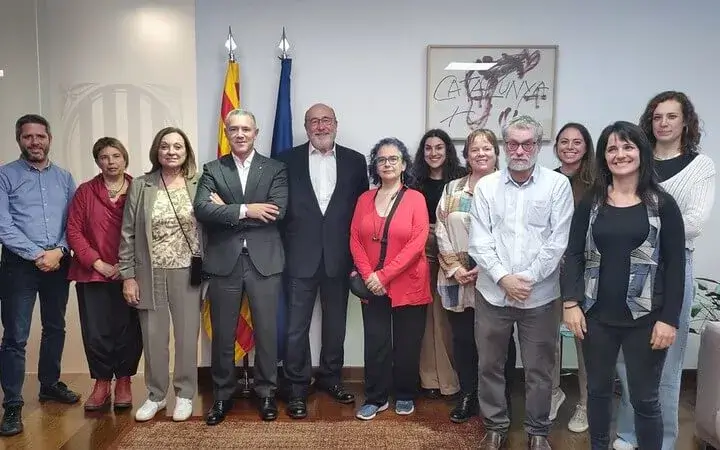
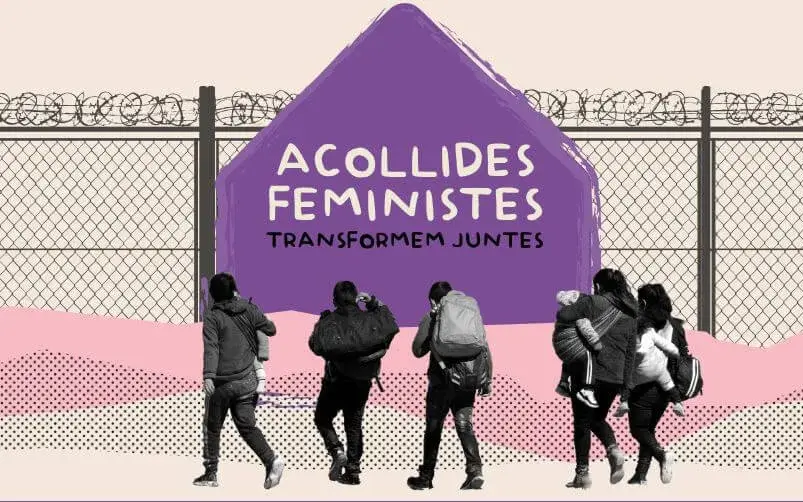
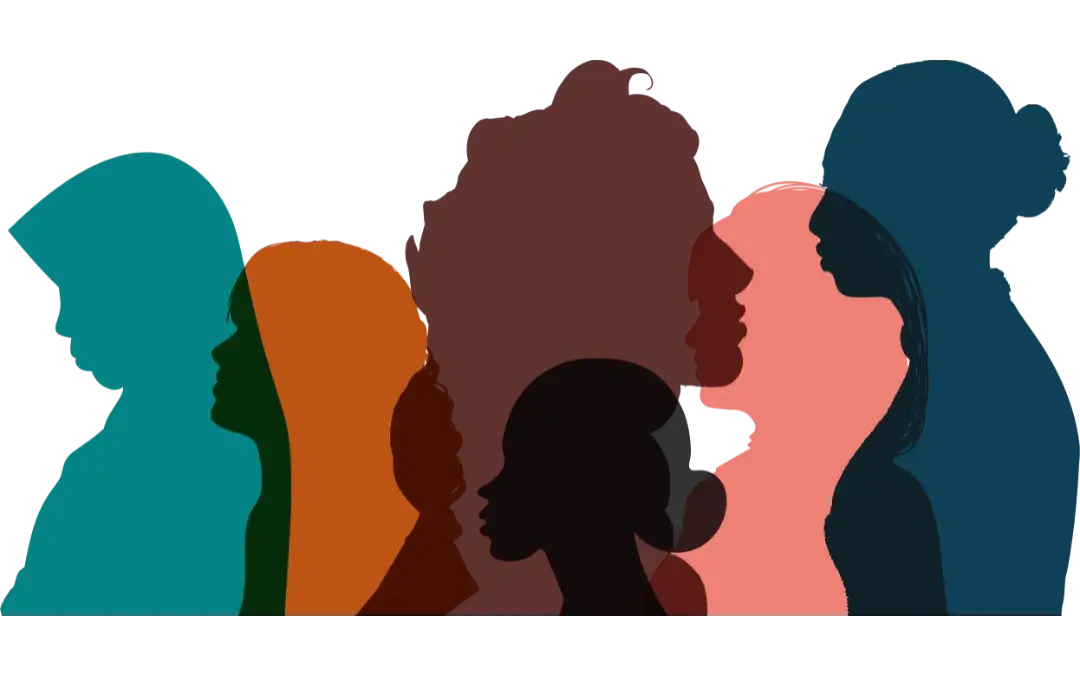
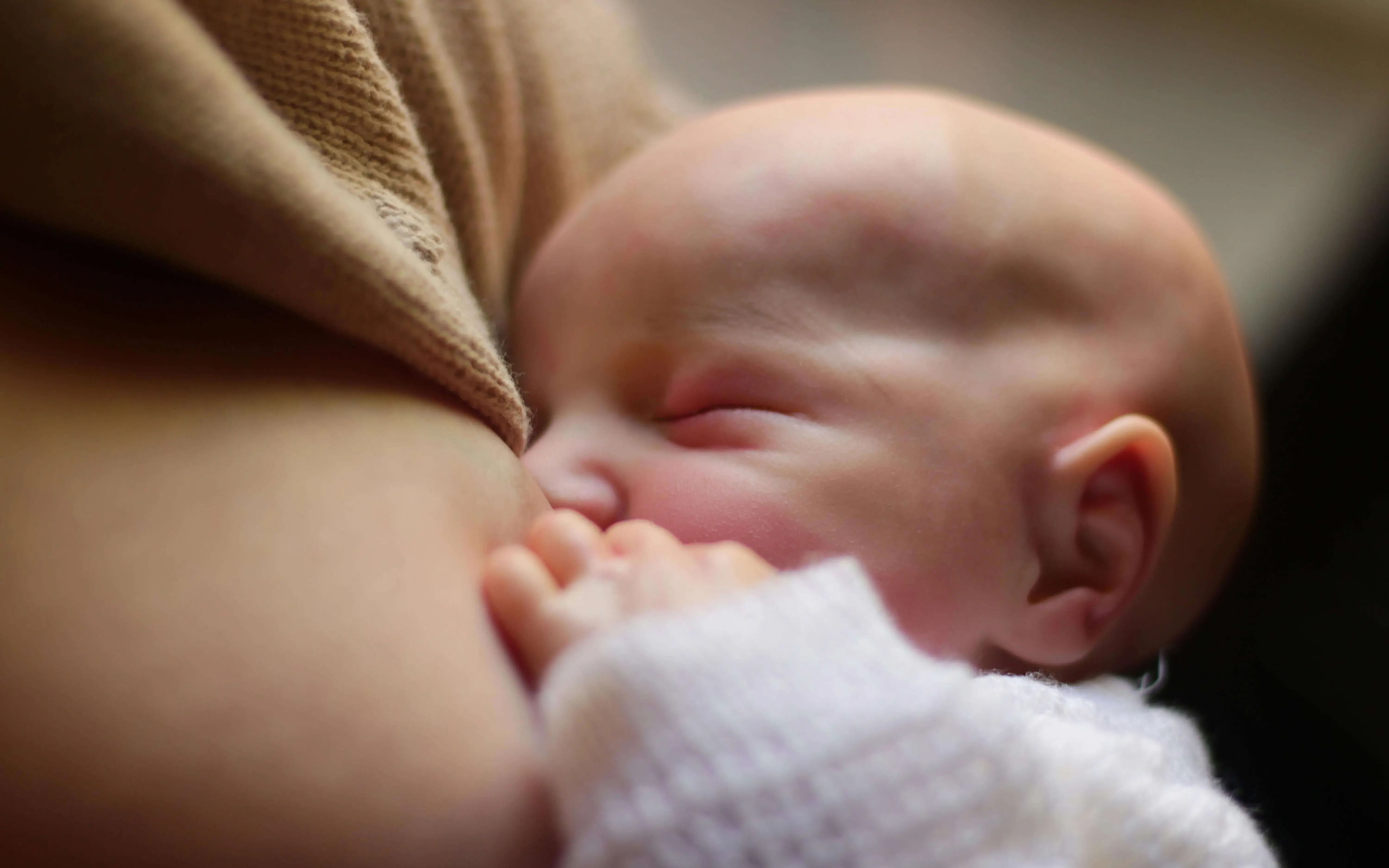
Add new comment